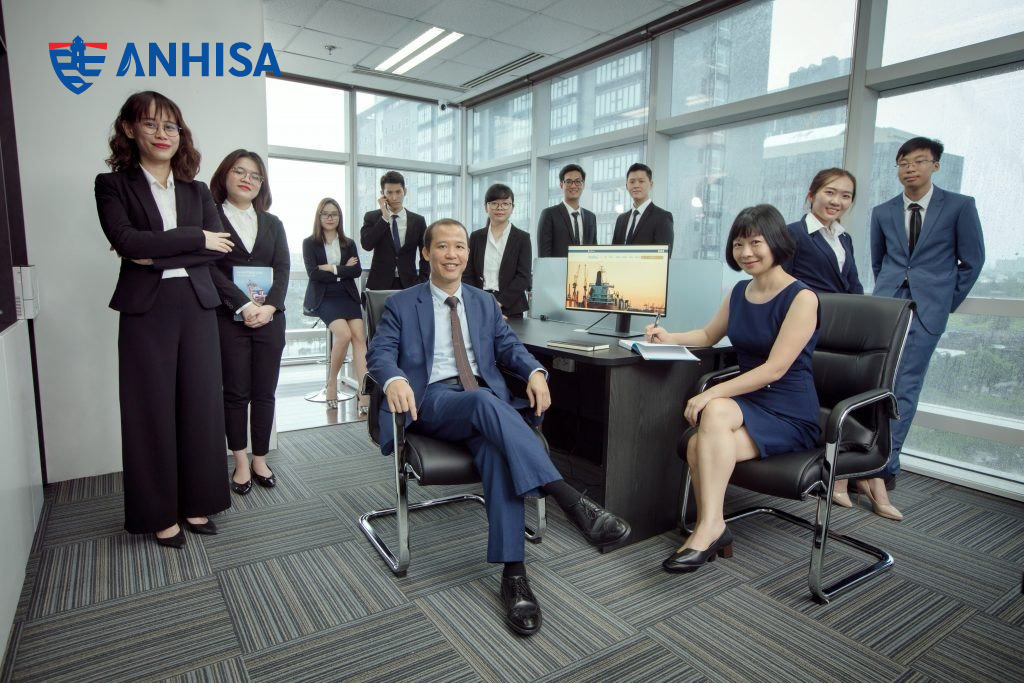Achieving Foreign Arbitral Award Recognition and Enforcement: The Strategic Pathway in Vietnam
November 22, 2023
Navigating through the intricate landscape of foreign arbitral award Recognition and enforcement can indeed be complex and challenging. However, the subsequent reward can be immensely worthwhile. Vietnam, a jurisdiction bound by the New York Convention since 1995, holds a nuanced approach to foreign award Recognition and Enforcement, often posing an array of challenges and opportunities for award creditors and legal practitioners.

Understanding the Legal Landscape in Vietnam
The adherence to the New York Convention of 1958 (NYC 1958) has steered Vietnam towards respecting and executing international arbitral awards. The journey, though marked with reservations, reflects Vietnam’s commitment to upholding the principles of this globally revered treaty. Nevertheless, reality, fraught with local legal complexities and differing legal perspectives, often contrasts with the theoretical framework.
The Post-Arbitration Process
To successfully navigate the post-arbitration proceedings, a comprehensive understanding of the enforcing jurisdiction is crucial. The local legislation in Vietnam and the foundational NYC 1958 together orchestrate the recognition and enforcement of foreign arbitral awards, guided by other legal instruments such as the Code of Civil Procedure 2015 and the Law on Enforcement of Civil Judgments 2008.
Time Constraint Considerations
Time is a crucial element in award recognition and enforcement. A lapse in the prescribed three-year window can lead to a loss of enforcement rights, marking the essence of time paramount in this legal journey.
Submission to Local Courts
Initiating post-award proceedings requires the submission of applications to local, potentially provincial courts, reflecting where the award debtors operate their businesses. These courts, vested with the power to review and recognize foreign awards, become the beacon of hope for award creditors. The journey, however, is not without its set of challenges, hindrances, and possible appeals from dissatisfied parties.
Encountering Local Resistance
The path might seem straightforward, but reality often holds unpredicted obstacles. The lack of favor towards arbitration and ample grounds for non-recognition make the journey turbulent and arduous.
ANHISA: Your Companion in Legal Navigation
ANHISA provides unparalleled guidance and support in traversing through the intricacies of award recognition in Vietnam. Our expertise in arbitration and Alternative Dispute Resolution (ADR) ensures a smooth and effective transition through the legal maze, offering award creditors the prospect of enjoying the fruits of their awards. Our holistic approach not only focuses on award recognition but also provides advisory services from the initiation of arbitration to mitigate any rejection risks.

Service Excellence and Client Satisfaction
The satisfaction and appreciation expressed by our clients validate our commitment to delivering expedited and successful services in award recognition and enforcement. Our legal maestros, specialized in the proceedings of award recognition, are the architects of legal solutions, unwinding all your concerns and uncertainties.
Contact ANHISA for Tailored Solutions
For specialized consultation, advice, or to begin the process of arbitral awards’ recognition and enforcement in Vietnam, please contact:
ANHISA
Mr. Dang Viet Anh
Email: [email protected]
T: +84 28 5416 5873
M +84 983 467070
About Us
ANHISA, a boutique law firm specializing in shipping, corporate, and ADR law, stands as a leader in arbitration, commerce, and dispute resolution. Our team of qualified and experienced lawyers is dedicated to providing extensive services whilst upholding professional standards. We have cultivated strong partnerships with Vietnamese and international authorities, firms, insurance companies, P&I clubs, and various clients globally.
In conclusion, the journey to enforcing foreign arbitral awards in Vietnam is filled with complexities and opportunities. The collaborative approach of experienced legal firms like ANHISA can significantly ease this journey, providing a strategic pathway to success in award recognition and enforcement in this dynamic jurisdiction.
Frequently Asked Questions
1. Why is the recognition of foreign arbitral awards significant in Vietnam?
The recognition of foreign arbitral awards in Vietnam is crucial as it demonstrates the country’s commitment to international legal standards and agreements, such as the New York Convention of 1958. It provides a legal framework for award creditors to enforce their awards and navigate through the legal intricacies of a developing jurisdiction like Vietnam.
2. What is the role of the New York Convention in the enforcement of foreign arbitral awards in Vietnam?
The New York Convention serves as the foundational legal framework that guides the recognition and enforcement of international arbitral awards in member states, including Vietnam. It ensures that the awards are considered binding and are enforced in accordance with the procedural rules of the territory.
3. How does ANHISA aid in the enforcement of foreign arbitral awards in Vietnam?
ANHISA offers comprehensive guidance, support, and legal solutions to ease the process of award recognition in Vietnam. With expertise in arbitration and ADR, ANHISA provides advisory services from the initiation of arbitration, navigates through legal procedures, mitigates rejection risks, and assists award creditors in enjoying the fruits of their awards efficiently.
4. What challenges might one face during the enforcement of foreign arbitral awards in Vietnam?
Enforcement in Vietnam can be complex due to local legal complexities,a lack of favor towards arbitration by local courts, and ample grounds for non-recognition and non-enforcement of foreign arbitral awards. The discrepancy in legal views and the stance of local recognizing authorities can also pose substantial barriers to enforcement.
5. Is there a time constraint for the recognition and enforcement of foreign arbitral awards in Vietnam?
Yes, time is a pivotal element, and award creditors have a prescribed three-year window from the date of the awards to get their awards recognized and enforced in Vietnam. Any lapse in this time frame can lead to the loss of enforcement rights.
Related posts
- TEL:
- Hanoi Office: +84 24 320 47609
- Saigon Office: +84 28 5416 5873
- HOTLINE:
- +84 (0) 939 117 398
- +84 (0) 983 488 380





